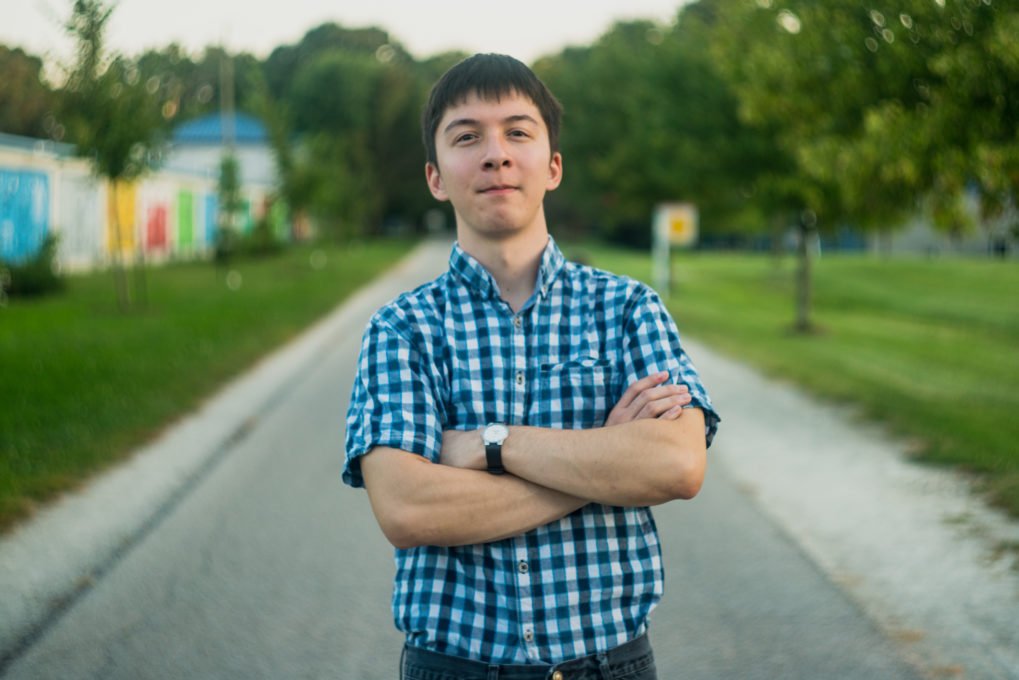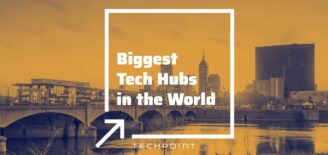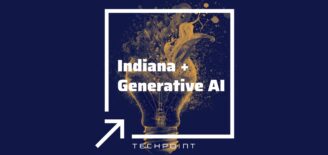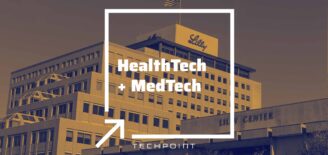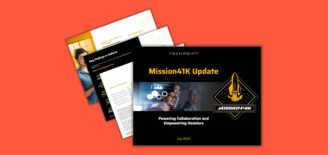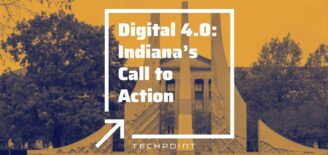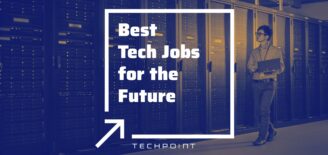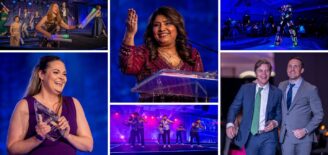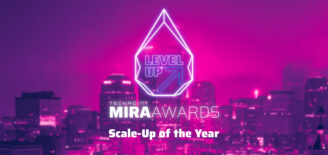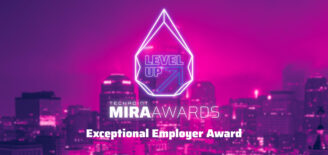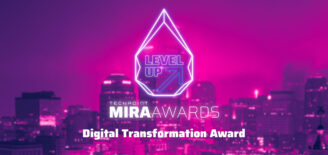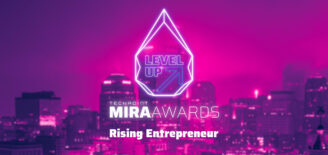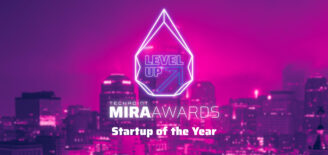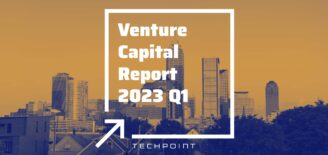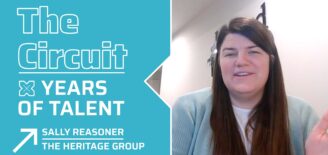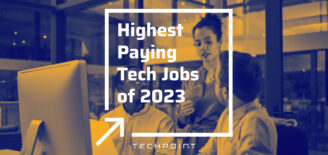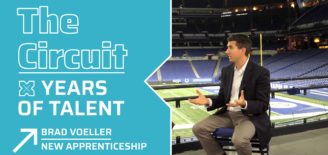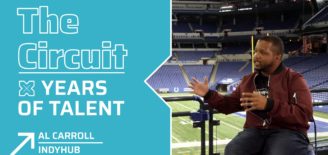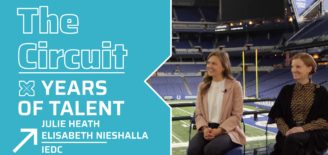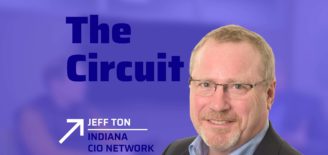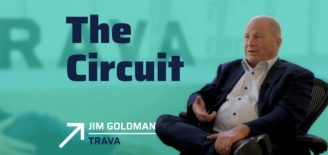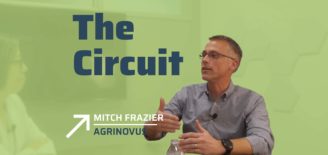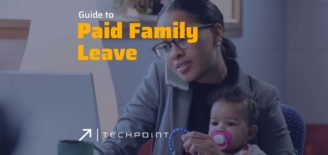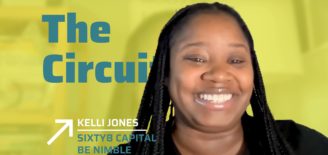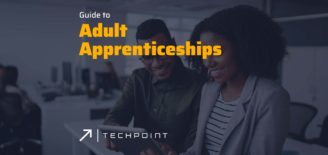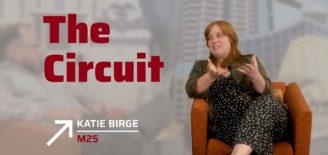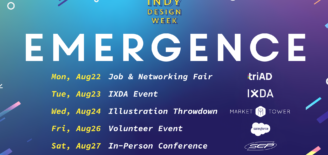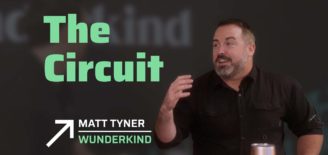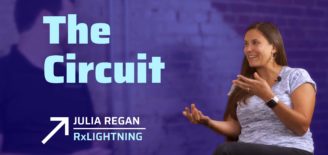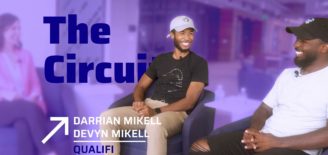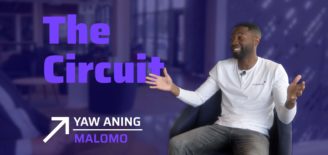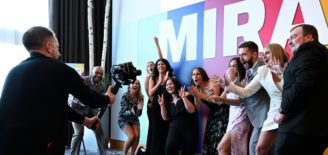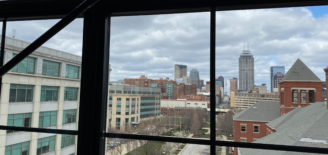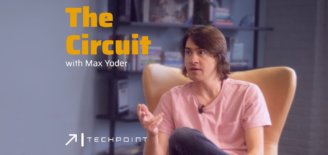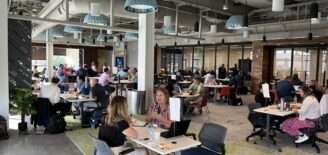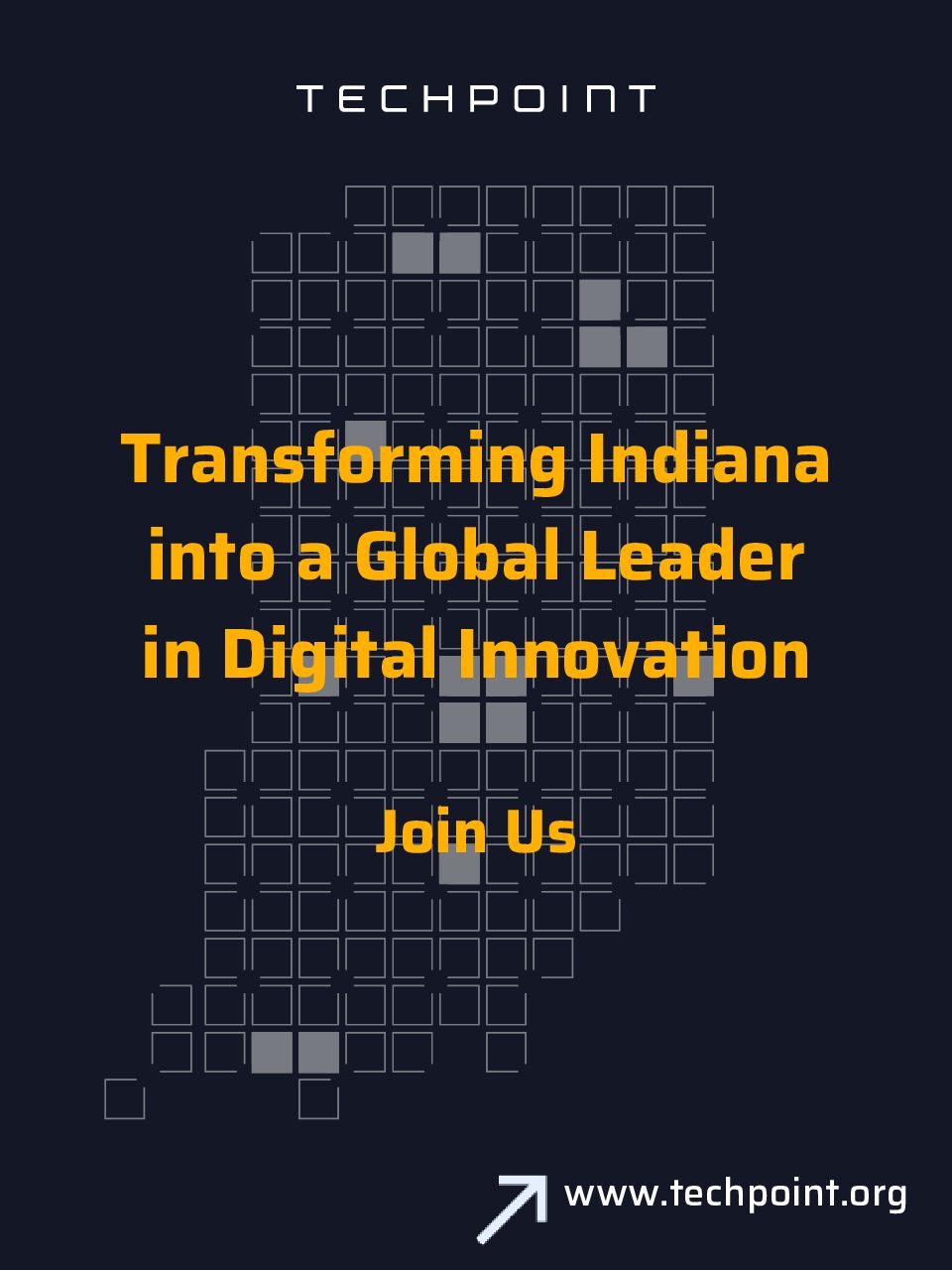“There are many ways to solve problems you don’t even know exist,” says Indy Tech Fellow Harrison Kiang
Indy Tech Fellow Harrison Kiang is fascinated by complex problems. Software engineering is a great passion of his because it allows him to tackle unique technical challenges on a daily basis and find solutions that provide value to the user. He seeks out new learning opportunities around every turn and is constantly looking to apply his knowledge in his career.
Growing up in the Chicago suburbs, Harrison was initially introduced to the computing world through video games. He attended the University of Illinois at Urbana-Champaign (UIUC), majoring in Computer Engineering as an undergrad. Harrison credits a particular UIUC class with famous computer scientist David Forsyth for sparking his personal interest in artificial intelligence and machine learning. “I don’t like black boxes; I want to know every bit of how a computer is built, iterated on, and able to perform all of the functions that we rely on a daily basis,” he said. “There are many ways to solve problems that you don’t even know exist.”
At UIUC, Harrison took a great variety of computer science classes that prepared him for the professional tech world. Classes from Applied Parallel Computing all the way to Smartphone/Mobile Sensing and Applications exposed him to a wide breadth of knowledge that he still pulls from today. Harrison also participated in a large number of hackathons to showcase his talents. He won AngelHack’s Techweek Chicago 2014 as well as the Innovators Challenge for the Indy Civic Hack in 2015.
Harrison participated in TechPoint’s Xtern program in the summer of 2015 working as a Software Developer with Springbuk. Primarily focused on developing the company’s health analytics platform, he supported Springbuk throughout the ten-week paid internship program while simultaneously exploring more of Indy’s tech scene after work with the other Xterns. As an alum of the program, Harrison was a natural choice for joining the Indy Tech Fellowship as it was spun up at the perfect time for him to join.
“I got to work for a company that has a really interesting opportunity to apply my skills to a challenging problem,” Harrison said. “There’s also the social aspect of having a community of relatively closely knit, similarly aged, like-minded individuals that you get to hang out with for a couple years. It makes for a smoother transition after college. During some weekends, I feel like I never left. There are a lot of fun people around my age to hang out with.”
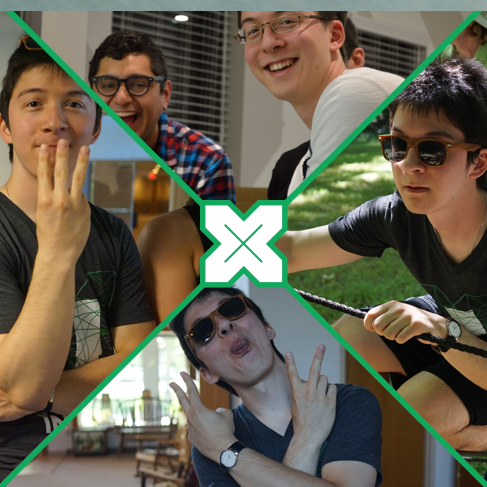
Harrison landed a position with then NextGear Capital, now Cox Automotive, Inc. As he immersed himself in Indy tech, he discovered how the tech ecosystem operates. “The tech community talks,” he said. “It’s like the parent company is the city itself, as moving between companies within Indianapolis is seemingly made easier thanks to the tightly knit developer community.”
He also took this transition opportunity to start graduate school, pursuing a Master’s in Computer Science in Data Science at UIUC. “This is a field that really reflects my interests, and will hopefully lead to a big pay bump in the most in-demand field in computing after the Indy Tech Fellowship,” he said.
Cox Automotive provides Harrison with the opportunity to work with machine learning, which was a goal of his coming out of school. He solves business problems and mitigates risk with his team, bringing continuous and data-driven insight to the company. Harrison has worked diligently on custom end-to-end software solutions to support Cox Automotive’s big data initiatives.
“Cox Automotive has taught me what it’s like to work in an enterprise across numerous sister companies, taking into account the interests of business, technology, product, and everything in-between,” Harrison said. “Perhaps most importantly, I’ve learned how to use the interests and goals of everyone involved for the betterment of projects, and ultimately the betterment of the company and all of our bottom lines. Being able to share in the successes of your efforts, either financially or emotionally, is extremely gratifying.”
After Harrison completes the Indy Tech Fellowship this May, he plans to graduate with his master’s degree and pursue opportunities throughout the Indy tech scene. “I plan to be at a company that develops distributed, scalable machine learning pipelines and other innovative technologies to solve interesting problems,” he said. “I would be really excited to deploy some solutions to better the human condition.”

